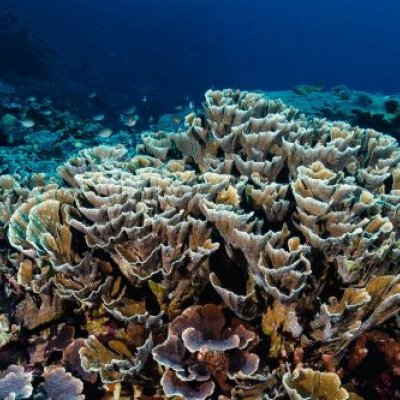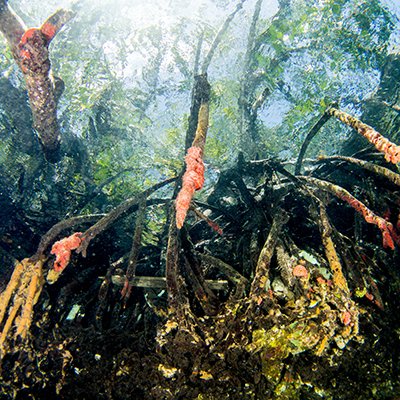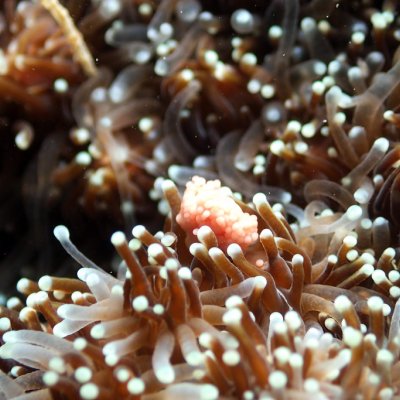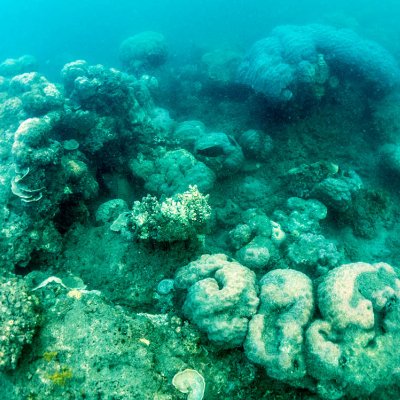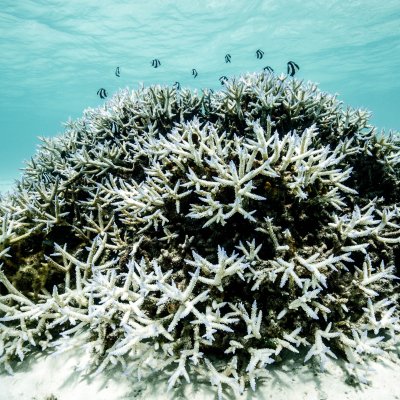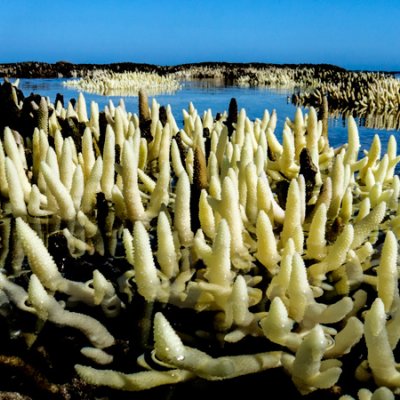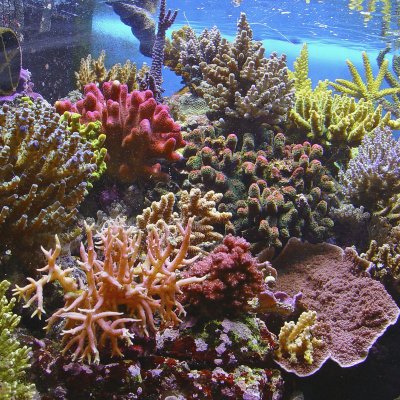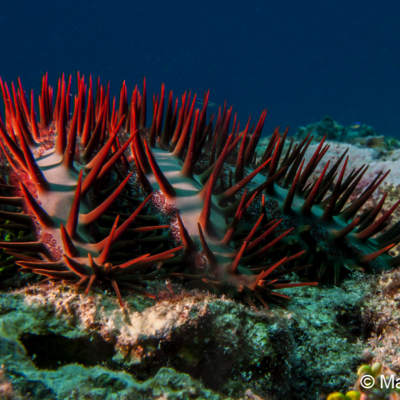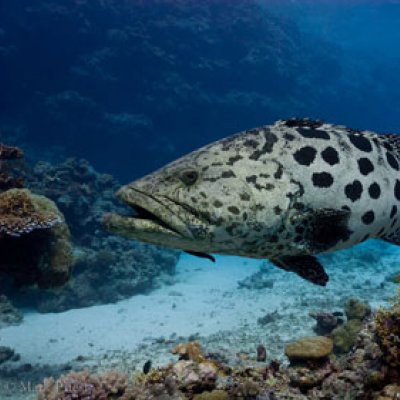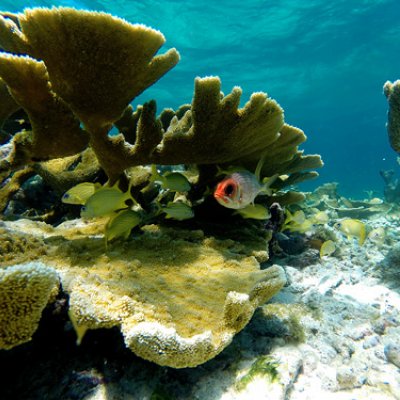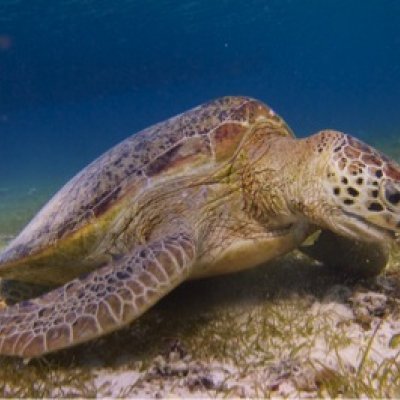Some deeper areas of the Great Barrier Reef are insulated from harmful heatwaves but that protection will be lost if global warming continues, according to research by UQ and University of Exeter.
9 April 2024Healthy mangroves can help fight the consequences of climate change on coral reef fisheries, according to a University of Queensland-led study.
13 November 2019A phenomenon that makes coral spawn more than once a year is improving the resilience of the Great Barrier Reef.
6 August 2019The fate of coral reefs under climate change could improve if management efforts take evolution and adaptation into account, according to an international study.
2 July 2019Broken and dead coral will be recycled to help protect and grow the Great Barrier Reef in a collaborative project involving University of Queensland researchers.
23 July 2018The Great Barrier Reef is losing its ability to recover from disturbances, but effective local management could revive its capacity to bounce back.
19 July 2018Just three per cent of the Great Barrier Reef’s corals may hold the key to regenerating reefs damaged after major disturbances, new research reveals.
29 November 2017Millions of people who depend on fisheries will benefit if targets to protect coastal marine areas in reserves are doubled or trebled.
6 January 2017Regulating overfishing could protect Pacific coral reefs from strangulation by seaweed, according to new findings by a University of Queensland scientist.
23 June 2016Twenty nations most endangered by climate change are expected to “bloc vote” at the United Nations Climate Change Conference in Paris this week.
1 December 2015Climate geoengineering may be the only way to save coral reefs from destructive mass bleaching, according to new research involving the University of Queensland.
25 May 2015A decision by G20 leaders to discuss climate change at their meeting in Brisbane this week is good news for the Great Barrier Reef, researchers say.
11 November 2014Predicting the patterns of crown-of-thorns starfish outbreaks is the focus of a University of Queensland study that could be vital to protecting the Great Barrier Reef.
15 August 2014Tighter bag limits for fishermen have been identified as an important key to ocean ecosystem conservation.
1 August 2014Declining coral reef health is threatening the food security and livelihoods of millions of people living in the coastal tropics, according to a study by University of Queensland researchers.
23 April 2014Green turtle populations have expanded so much in Indonesia’s east coast islands’ marine protected areas (MPAs) that they are adopting new feeding habits, which are degrading the ecosystem and threatening their own conservation.
9 January 2014Coral reefs in the Indo-Pacific region, including the Great Barrier Reef, recover faster from major stresses than their Caribbean counterparts, leading marine scientists said today.
11 July 2012A UQ study finds that Caribbean seaweeds are Olympic athletes compared to their equivalents in the Indian and Pacific Oceans. But this triumph is bad news for Caribbean coral reefs.
8 June 2012Ocean acidification caused by human development can alter the behaviour of baby corals, a new study shows.
16 April 2012New research highlighting coastal locations where coral can better withstand rising sea temperatures, a leading cause of stress to coral reefs, may guide efforts to conserve the largest living structures on Earth.
24 November 2010- 1 of 2
- next ›
